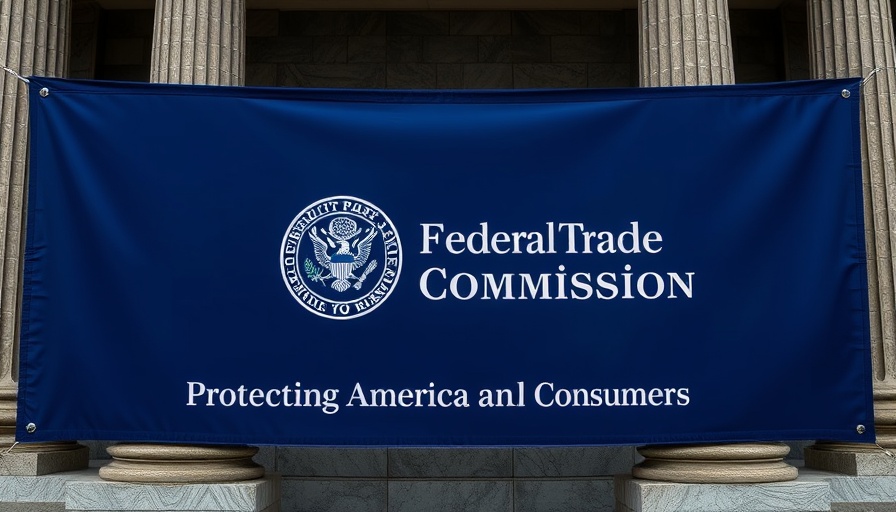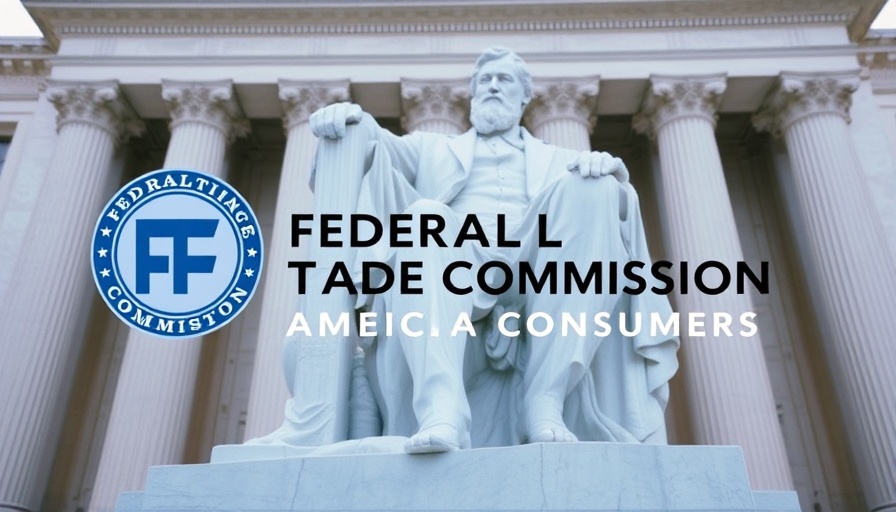
Key Developments in the Antitrust Case Against Major Asset Managers
The ongoing antitrust case led by Texas against asset managers BlackRock, State Street, and Vanguard has taken a significant turn with the involvement of the Federal Trade Commission (FTC) and the U.S. Department of Justice (DOJ). On May 22, 2025, the agencies filed a Statement of Interest asserting that these financial giants misapplied antitrust laws while defending themselves against accusations linked to collusion in coal production.
Understanding the Allegations
The lawsuit claims that BlackRock, State Street, and Vanguard entered into an anti-competitive agreement aiming to reduce coal production, thus furthering a broader “Net Zero” initiative integral to their Environmental, Social, and Governance (ESG) strategies. Under scrutiny, the asset managers are alleged to have coordinated their influence as shareholders in competing coal-producing companies, leading to unlawfully increased coal prices that ultimately burdened consumers with higher energy costs. This initiative, described as a left-wing ideological scheme by the attorneys alleging the misconduct, targets the intersection of environmental policy and market competition.
The Role of Antitrust Law Enforcers
By filing the Statement of Interest, the FTC and DOJ emphasize the importance of applying antitrust laws correctly to protect competitive market conditions. Both agencies contend that their roles as the country’s primary enforcers of antitrust law empower them to intervene wherever collaboration results in harm to consumers and competition.
Market Implications and Stakeholder Reactions
The implications of this case extend beyond just regulatory enforcement; they raise vital questions about the balance between ethical investment strategies and competitive practices in the energy sector. Business brokers and stakeholders must be aware of how these allegations may reshape the investment landscape. If proven, the case could set significant precedents about the conduct of asset managers when pursuing ESG goals.
Conclusion
As the litigation unfolds, the business brokerage community should closely monitor developments that could influence trends in investment strategies and market competition. The resolution of this case will not only impact the companies involved but may also dictate the future approach toward collaboration in industries aiming for sustainable practices.
 Add Row
Add Row  Add
Add 




Write A Comment